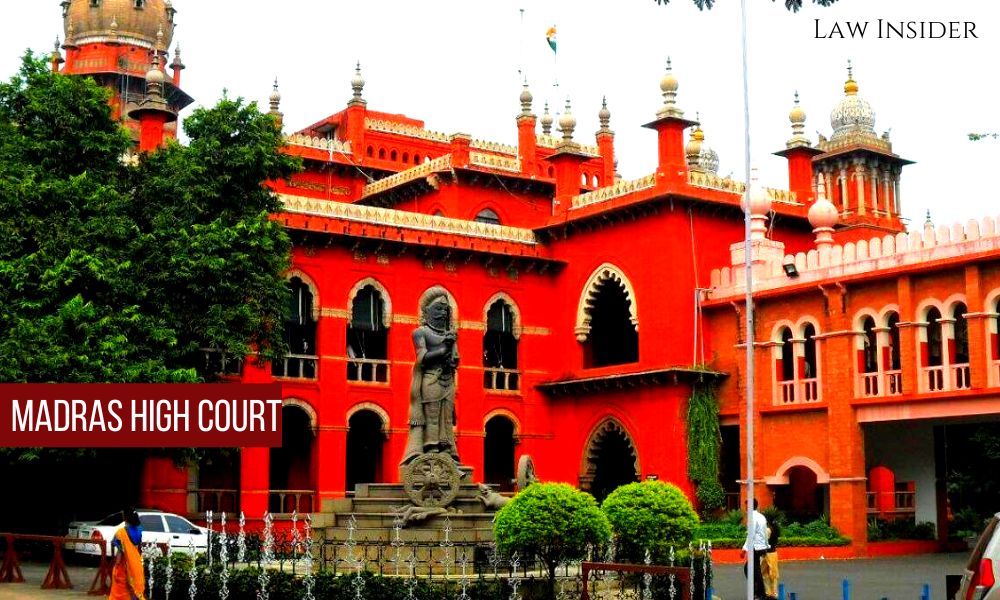LI Network
Published on: November 13, 2023 at 00:30 IST
The Madras High Court has clarified that income tax adjudication proceedings and criminal prosecution are distinct and independent processes, with the pendency of one not affecting the other.
Justice G.K. Ilanthiraiyan emphasized that the two proceedings operate independently, and the continuation of adjudication proceedings does not serve as a hindrance to the progress of criminal prosecution.
The case involved a complaint filed by the respondent department against the petitioner for alleged offenses under Sections 276C(1) and 277 of the Income Tax Act, pertaining to the assessment year 2012–2013.
The petitioner, an income tax assessee, was subjected to search and seizure operations in the Saravana Store group of cases in 2011, leading to the discovery of gold ornaments and jewelry in the petitioner’s residence.
The petitioner filed her income tax return for the assessment year 2012–13, admitting a total income of Rs. 24,09,170. Subsequently, during assessment proceedings, the petitioner revised the memo of taxable income, acknowledging Rs. 48,39,044 as an investment made in gold.
The Assessing Officer passed an assessment order, initiating penalty proceedings and imposing a penalty of Rs. 14,51,713 under Section 271(1)(c) of the Income Tax Act.
The accused challenged the penalty order, leading to a remand by the court for reconciliation of the quantum of jewelry. The reconciliation resulted in the deletion of the entire penalty.
However, the respondent department initiated criminal prosecution based on the original penalty order, arguing that the reassessment proceedings were pending.
The Madras High Court declined to quash the prosecution proceedings, stating that the independence of income tax adjudication and criminal prosecution remains intact.
The court dismissed the petition, noting that the ongoing reassessment proceedings do not conclude the matter, and the petitioner is not exonerated from the charges.
The court highlighted that the reconciliation of jewelry had not reached finality due to the pending proceedings under Section 263 of the Income Tax Act.
Case Title: R. Revathy Versus ACIT

